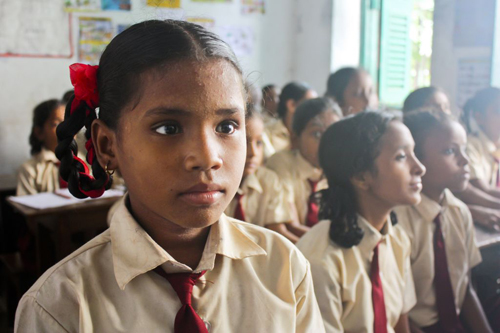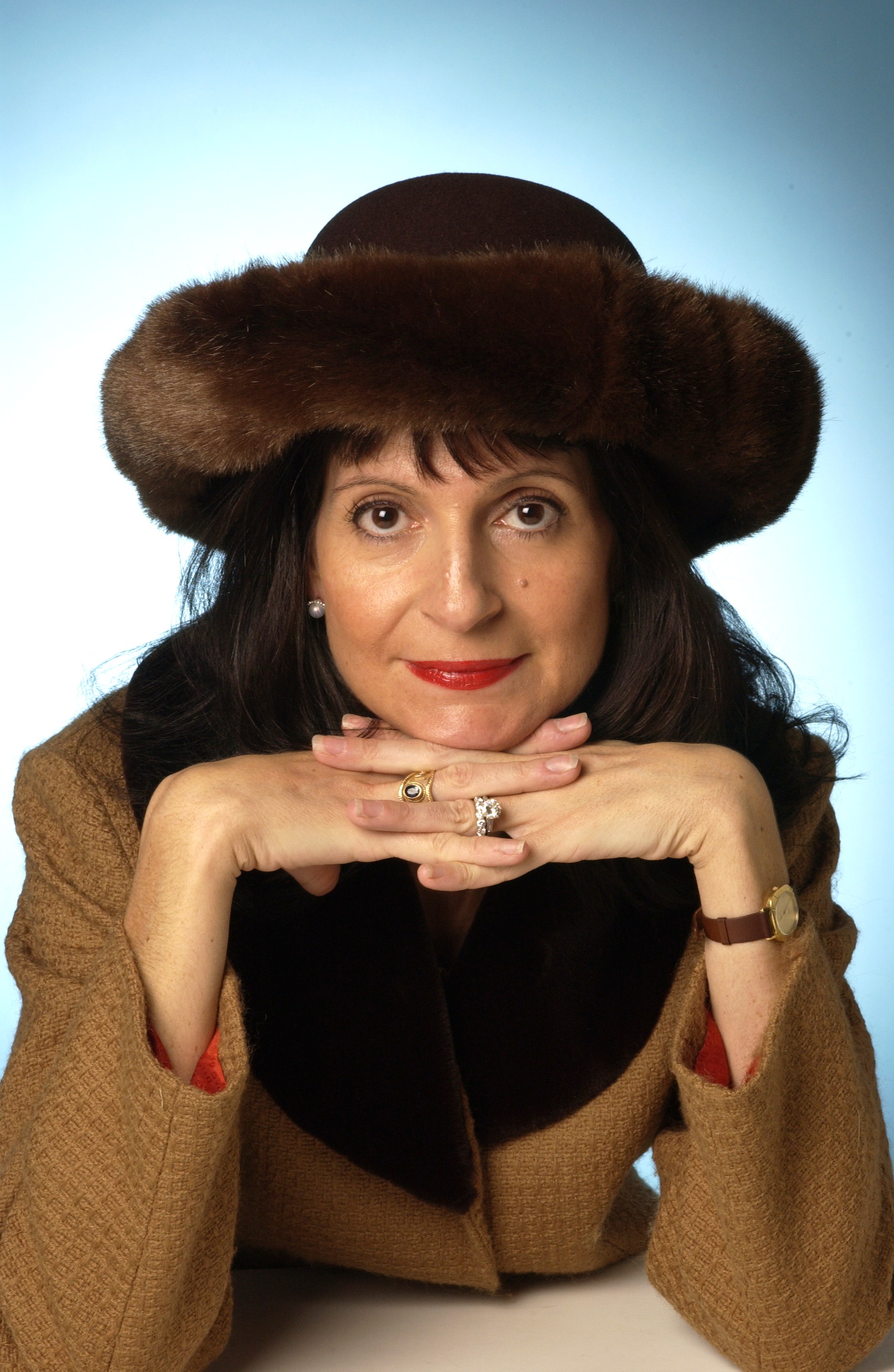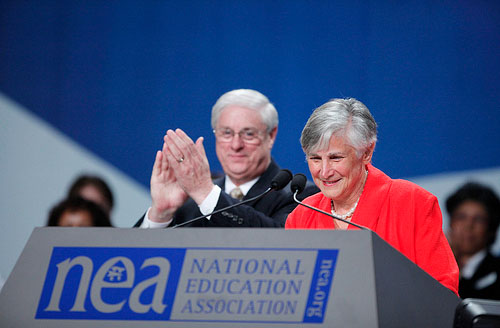Lo que quieren los estudiantes — y lo que los líderes mundiales pueden y deben hacer mejor!
Marca este día con una piedra blanca — Julio 12, 2013. El lugar: Las Naciones Unidas. El evento: Malala Yousafzai, la valiente activista por los derechos de la educación de Pakistán disparada por extremistas en su camino a la escuela, toma el centro del escenario para celebrar su cumpleaños y junto con sus compañeros de campaña, leads us in a global discussion of the world’s major education issues. The birthday wish: That all diplomats in the audience use this celebration for renewal of their commitment and match their rhetoric for education reform with real actions in each of their own countries. All countries can and must do more to help the world’s children achieve a relevant, quality 21st century education. Let me share some of my reflections from listening to voices around the world on the diverse and contrasting education issues nations face today.
Education is the greatest armament in the battle on poverty, enfermedad, brutality and prejudice. Providing education for children in the emerging markets is both vital and relatively cheap. Así, starting today, what more can we do to get 31 million girls and 26 million boys into school and achieve the Millenium Development Goal to boost access to education worldwide?
Extremists tremble at the prospect of children with knowledge. The empowerment of students today is the single most potent solution to tomorrow’s peace. What more can Nigerian leaders do to end the torchings and brutal murders of exemplary school children by Boko Haram (name translates as “western education is sinful”), which has been blamed for killing more than 1600 victims since 2010?
Si la India inscrito 1 por ciento más de las niñas en la escuela secundaria, su PIB aumentaría en $5.5 mil millones. Girls with eight years of education are four times less likely to be married as children. Un niño nacido de una madre sabe leer y escribir es 50 percent more likely to survive past the age of five. Una chica con un año adicional de educación puede ganar 20 por ciento más en la edad adulta, y las madres educadas tienen más del doble de probabilidades de enviar a sus hijos a la escuela. We understand how and why educating girls works thanks to the voices of nine remarkable girls from Peru, Haití, Egipto, Sierra Leona, Afganistán, Etiopía, India, Nepal and Cambodia in Richard Robbins’ powerful film, Girl Rising. What more can their countries do to support them?
Chilean students cry out that free public education is a universal human right and is the most effective way to address the severe social inequalities in a country where the rich go to the best universities and the poor go to third class universities. What more can Chile’s leadership do to support an education system with deep divides along class lines (one of the world’s lowest levels of public funding for higher education, some of the longest degrees, no comprehensive system of student grants or subsidized loans)?
Por un lado, society says I must get an education. On the other, society isn’t going to pay for it if I cannot. Shouldn’t going to University depend on ability versus ability to pay? Alrededor del mundo, students have joined forces in the face of surging costs in higher education and the lack of accessibility. They also seek the answer to this question, “¿La enorme inversión de tiempo y dinero que se me pide hacer en mi paga la educación de?” En los Estados Unidos, la deuda de préstamos estudiantiles es más que $1 trillón (60 por ciento de los estudiantes tiene que pedir prestado para ayudar a cubrir los costos de acuerdo con el Crónica de la Educación Superior), por lo que es la forma más elevada de la deuda personal en este país. En Gran Bretaña, la Campaña Nacional contra los planes de Tasas y Cortes protestas del gobierno para un sistema de educación superior impulsada por el mercado, rising tuition fees and a growing number of students being priced out of obtaining a degree. El año pasado, we have seen similar protests from dedicated student organizations in Quebec, Nueva Zelanda, Guatemala, Spain and Italy, to mention but a few. What more can the governments of these countries do to find solutions to student needs?
To the education leaders in the United Nations audience for Malala and her fellow students, I say: You need a game changer that will address the variety of big picture issues that today’s students face. You need to be more innovative in terms of finding solutions to what is becoming the world’s biggest problem. Around the world today, students are wide awake. They are many and they are united by one struggle — they want education to be accessible, affordable and relevant to their lives. They will continue to mobilize and you can be sure that on this issue, they are not going to back down.
En La Búsqueda Global para la Educación, unirse a mí y reconocidos a nivel mundial los líderes de opinión, incluyendo a Sir Michael Barber (Reino Unido), DR. Michael Bloquear (EE.UU.), DR. Leon Botstein (EE.UU.), Profesor Clay Christensen (EE.UU.), DR. Linda Darling-Hammond (EE.UU.), DR. Madhav Chavan (India), El profesor Michael Fullan (Canada), El profesor Howard Gardner (EE.UU.), El profesor Andy Hargreaves (EE.UU.), Profesor Yvonne Hellman (Países Bajos), Profesor Kristin Helstad (Noruega), Jean Hendrickson (EE.UU.), Profesor Rose Hipkins (Nueva Zelanda), Profesor Cornelia Hoogland (Canada), Honorable Jeff Johnson (Canada), Señora. Chantal Kaufmann (Bélgica), DR. Eija Kauppinen (Finlandia), Secretario de Estado Tapio Kosunen (Finlandia), Profesor Dominique Lafontaine (Bélgica), El profesor Hugh Lauder (Reino Unido), Profesor Ben Levin (Canada), Señor Ken Macdonald (Reino Unido), Profesor Barry McGaw (Australia), Shiv Nadar (India), Profesor R. Natarajan (India), DR. PAK NG (Singapur), DR. Denise Papa (Estados Unidos), Sridhar Rajagopalan (India), DR. Diane Ravitch (EE.UU.), Richard Wilson Riley (EE.UU.), Sir Ken Robinson (Reino Unido), Profesor Pasi Sahlberg (Finlandia), Andreas Schleicher (PISA, OCDE), DR. Anthony Seldon (Reino Unido), DR. David Shaffer (EE.UU.), DR. Kirsten Immersive Are (Noruega), Canciller Stephen Spahn (EE.UU.), Yves Theze (Lycee Francais EE.UU.), Profesor Charles Ungerleider (Canada), Profesor Tony Wagner (EE.UU.), Sir David Watson (Reino Unido), Profesor Dylan Wiliam (Reino Unido), DR. Marcos Wormald (Reino Unido), Profesor Theo Wubbels (Países Bajos), El profesor Michael Young (Reino Unido), y el profesor Zhang Minxuan (De China) a medida que exploran las cuestiones de educación cuadro grande que todas las naciones se enfrentan hoy. La Búsqueda Global para la Educación Comunitaria Página
C. M. Rubin es el autor de dos ampliamente leído serie en línea por la que recibió un 2011 Premio Upton Sinclair, “La Búsqueda Global para la Educación” y “¿Cómo vamos a Leer?” Ella es también el autor de tres libros más vendidos, Incluido The Real Alice in Wonderland.





Comentarios recientes